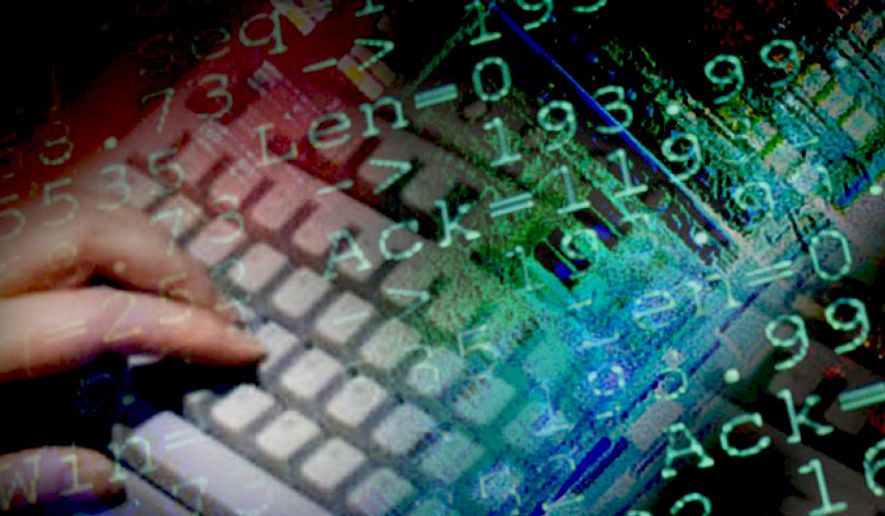A hacking campaign that recently compromised the Democratic National Committee and an official fundraising wing of the party was more severe in scope than previously stated, according to reports; it may have resulted in the breach of more than 100 private email accounts.
The FBI has widened its investigation into a multipronged cyberattack operation waged against Democratic officials upon learning that dozens of party members and groups had their nongovernmental email accounts targeted by hackers, The New York Times reported Wednesday, citing officials with knowledge of the case.
“This is an electronic Watergate,” Minority House Leader Nancy Pelosi, California Democrat, said Thursday, according to Bloomberg. “This is a break-in. And I think that we have to recognize what is happening here.”
The House Permanent Select Committee on Intelligence was briefed on the reported hacking into different Democratic campaign organizations last week, but it was unable to confirm the details of that meeting or any possible attribution, the panel’s top Democrat, Rep. Adam B. Schiff of California, said in a statement.
The apparent breaches reported by The Times affected more than 100 Democratic entities and occurred separately from the high-profile DNC hack revealed last month and a subsequent attack against the Democratic Congressional Campaign Committee, which raises money to elect party officials to House positions.
Individuals working on the campaign of Democratic presidential nominee Hillary Clinton and other party operatives had their private emails targeted in the most recent hack, as well as an undisclosed number of other organizations affiliated with the party including potentially the Democratic Governors Association, sources involved in the investigation told the newspaper.
In a separate report published Thursday, Bloomberg said FBI officials have a high degree of confidence that the attacks were orchestrated by the Russian government, according to a source familiar with a federal investigation into the hacks.
Russian officials have repeatedly denounced reports of their government’s involvement, despite a growing number of American politicians and cybersecurity specialists having suggested that the operation has the makings of a Kremlin campaign.
“If this indeed turns out to be a cyberattack and leak conducted by a foreign actor to influence our elections, that would be a grave matter that should come with serious consequences,” Mr. Schiff said Thursday. “That foreign actors may be trying to influence our election — let alone an powerful adversary — should concern all Americans of any party.”
The latest development to concern the Democratic Party’s cyberattack woes comes hardly two weeks after Republican presidential nominee Donald Trump suggested he hoped Russia hacks Mrs. Clinton’s personal account and releases its contents.
“I think you will probably be rewarded mightily by our press,” Mr. Trump added, stating later that his request was made in jest.
Although Mrs. Clinton’s personal emails appear, for now, to be safe from hackers, FBI Director James B. Comey said in June that he believed it was possible that cybercriminals broke into her account and stole its contents without leaving a trace.
On Wednesday, conservative watchdog Judicial Watch released documents that review how the Clinton camp responded when the Democratic nominee’s close friend Sidney Blumenthal had his account compromised by a Romanian hacker in 2013.
“I recall having conversations with Bryan Pagliano, which I believe were by telephone … in or around March 2013, when the email account of Sidney Blumenthal was compromised by a hacker known as Guccifer,” Mrs. Clinton’s former chief of staff, Cheryl Mills, said in sworn testimony released this week. “As I recall, these discussions involved whether this event might affect Secretary Clinton’s email.”
“Cheryl Mills’ conversation with Bryan Pagliano expressing concern that the impact of Guccifer’s hack of Sidney Blumenthal’s email account confirms that there was high anxiety among Clinton’s inner circle about the vulnerabilities of Clinton’s non-state.gov email system,” Judicial Watch President Tom Fitton said in a statement.
• Andrew Blake can be reached at ablake@washingtontimes.com.




Please read our comment policy before commenting.